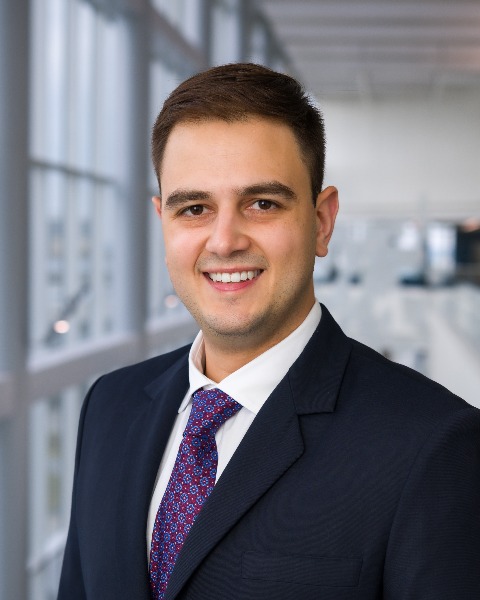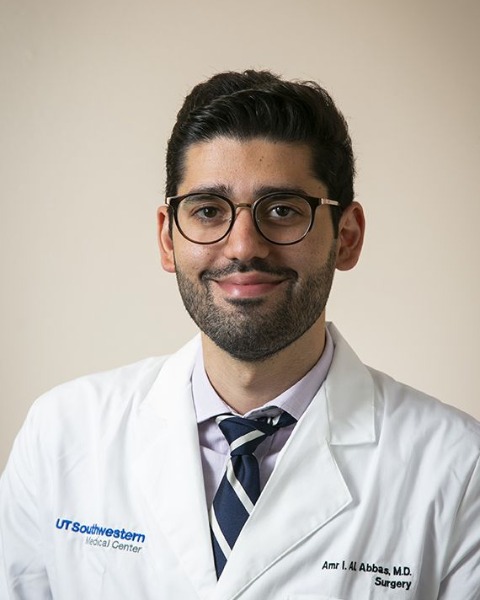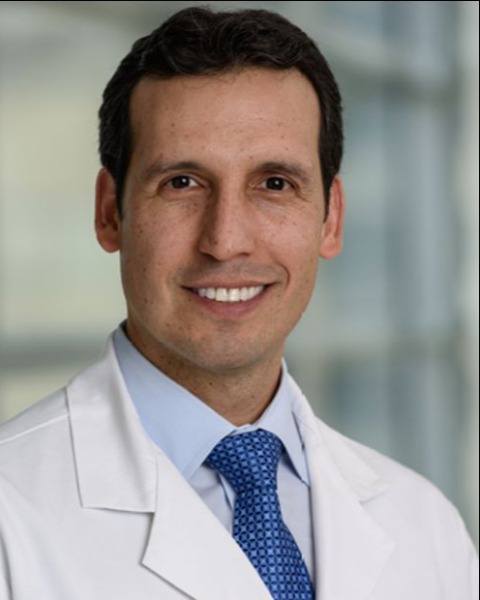Disparities in Surgical Oncologic Care
E141: Disparities in Gastric Cancer Diagnosis and Treatment in the Psychiatric Population: A US Combined Safety Net and University Center Experience

Andres A. Abreu, MD (he/him/his)
Postsdoctoral Researcher
Department of Surgery, University of Texas Southwestern Medical Center
Dallas, Texas, United States
Andres A. Abreu, MD (he/him/his)
Postsdoctoral Researcher
Department of Surgery, University of Texas Southwestern Medical Center
Dallas, Texas, United States
Andres A. Abreu, MD (he/him/his)
Postsdoctoral Researcher
Department of Surgery, University of Texas Southwestern Medical Center
Dallas, Texas, United States
Amr I. Al Abbas, MD (he/him/his)
General Surgery Resident
UT Southwestern Medical Center
Dallas, Texas, United States- JK
John Karalis, MD
Resident
University of Texas Southwestern Medical Center, United States 
Morgan F. Pettigrew, MD
Resident
University of Texas Southwestern Medical Center, United States
Herbert J. Zeh, III, MD
Professor and Chair
Department of Surgery, University of Texas Southwestern Medical Center
Dallas, TX, United States
Patricio M. Polanco, MD
Associate Professor
Department of Surgery, University of Texas Southwestern Medical Center
Dallas, Texas, United States
Sam C. Wang, MD
Associate Professor
University of Texas Southwestern Medical Center
Dallas, Texas, United States
Matthew R. Porembka, MD (he/him/his)
Associate Professor
University of Texas Southwestern Medical Center
Dallas, Texas, United States
ePoster Abstract Author(s)
Submitter(s)
Author(s)
Previous studies have identified patient and physician-level risk factors associated with disparities in access to cancer diagnosis. Additionally, it has been found an association between mental health disorders such as depression and suboptimal perioperative outcomes after cancer treatment. However, the impact of diagnosed mental health disorders (MHD) on delays in diagnosis (DD) and the consequent receipt of guideline-concordant-care (GCC) for gastric cancer (GC) has not been described. With this study, we aim to understand the impact of MHD as a barrier to access care.
Methods:
We retrospectively reviewed 460 patients diagnosed with GC at Clements University Hospital and Parkland Hospital between 2015-2023. Patients with prior diagnoses of mood or affective disorders were classified as having an MHD. The outcomes assessed were DD, defined as more than 90 days between symptom onset and diagnosis, and GCC, according to the National Comprehensive Cancer Network (NCCN) guidelines, defined as an upfront resection for early-stage cases, neoadjuvant therapy followed by surgery for locally advanced cases, and palliative systemic therapy for patients with metastatic disease. Univariable and Multivariable analysis (MVA) were used to analyze the association between covariates and outcomes.
Results:
322 patients (70%) were diagnosed at Parkland Hospital, and 174 (38%) were uninsured at diagnosis. 33 patients (7%) had early-stage disease (7%), 175 patients (38%) had locally advanced disease and 252 (55%) had metastatic disease at diagnosis. In total, 69 patients (15%) had an active mental health disorder at the time of diagnosis, and 391 did not. On univariable analysis, 35 patients with MHD (51%) had DD compared to 110 patients without MHD (28%; p < 0.001). Moreover, 17 patients with MDH (25%) received GCC compared to 150 (38%) with no MHD. On MVA, patients with MHD had more than 2 times increased risk of having DD (OR = 2.28; 95% CI: 1.30 – 3.96; p < 0.001). Patients with MHD had 58% lower odds of receiving GCC than patients without MHD (OR = 0.42; 95% CI: 0.23 – 0.78; p < 0.01).
Conclusions:
Patients with MHD are at higher risk of having DD and not receiving GCC. Addressing knowledge gaps and increasing the efforts to counter the social stigma associated with MHD may increase access to adequate care in this population.
Learning Objectives:
- Describe the risk of patients with mental health disorders to have delayed diagnosis of gastric cancer
- Describe the risk of patients with mental health disorders to not having concordant care for gastric cancer
- Understand the gap existing in patients with mental health disorders to access optimal care for gastric cancer
